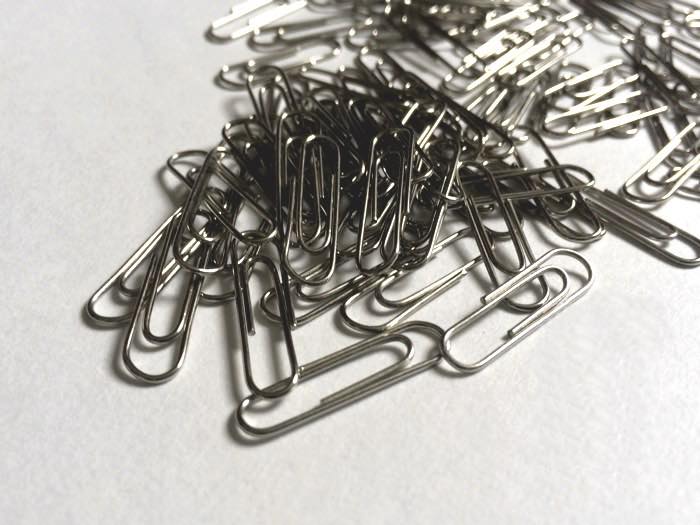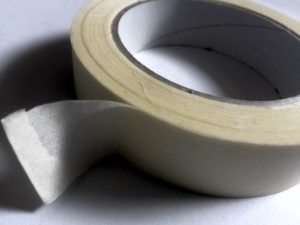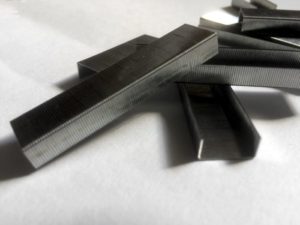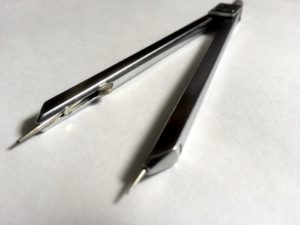A JCE online curation of the UK university 2018 industrial action. For illustration purposes, we draw inspiration from #IAmStockPhotoSpartacus, a response to UUK’s exceptionally uninspired use of stock photography.
It is probably dangerous at this point to historicise the unprecedented wave of industrial action that has rolled over the campuses of so many UK universities. The outcomes remain too uncertain, and the identity of key moments, blockage points, and actors probably still too unclear to many of those involved.
Nonetheless, it is reasonable to observe that much has, indeed, changed in the past few months, even if we must wait to observe how and if any such changes coalesce and solidify. Up and down the country, colleagues previously departmentally and often architecturally siloed away from each other have been thrust into dialogue on lively and often nakedly enjoyable picket lines. Activist energy has infused scholarly practices even amongst those colleagues for whom this is unfamiliar territory. Unexpected coalitions have formed between staff and students. Arresting protest songs have been penned. And, in unprecedented ways, academics have embraced social media, Twitter in particular.
It is perhaps less the scope of this embrace that is important – examples of striking staff newly turning to Twitter are not hard to find – than its quality. While a subset of academics have long demonstrated themselves comfortable with the particular demands of the genre, for many more the injunction made in so many dispiriting ‘How to Maximise Your Research Impact’ training sessions simply to ‘get on social media’ seemed to encapsulate so much of the rot that pervades the contemporary academy. But even if it is likely that when the strikes do (as they must) end, many UK academics will once again find themselves often turning to Twitter only wearily, for now at least things feel different. Scholars, alongside their colleagues in professional services, have embraced social media in part for its ability to deliver the dopamine hit of real-time updates on an industrial dispute that has at times been soap-operatic in its unexpected plot shifts. They have also embraced its capacity to host and transmit feeling – solidarity and humour, despair and delight. And, perhaps most of all, they have embraced its ability to point them towards a growing collection of surgical analyses of the dispute, covering both its technicalities and shifting socio-political sands, alongside some simply jaw-dropping exposés of the historical and contemporary practices of, in particular, Universities UK (UUK). For the uninitiated, this is the body that formally represents universities but that which, to many university staff, seems to so often and so deeply misunderstand what universities actually are.
With a number of the Journal of Cultural Economy’s editorial collective themselves participants in the strike, we as a journal have closely followed these somewhat life-affirming digital dissections. In the process, it has been notable that our talented colleagues have often subjected the strike and its actors to forms of analysis entirely in keeping with the theoretical, methodological, and political ambitions of the journal. In so doing, they put forward alternative accounts –political, organisational, institutional, financial, cultural, and digital – that not only mobilize the sharp critical capacities of scholarship, but at times also appropriate the tools and techniques of audit and consultancy culture. They thus press at the edges of novel ways to communicate value and constitute community.
As journal editors it therefore felt fitting to offer an editorial intervention into the strike. We do so with the launch of this newly created section of the Journal of Cultural Economy website, which gathers together a series of pieces of work on the dispute. Each of these has been published in some form elsewhere, and the section includes both fully formed pieces of writing and raw emergent analyses in the form of compiled Twitter threads.
We may to add to this collection in time. But for now, we hope that JCE can play its small part in the vital task of archiving the dispute – and in keeping alive its most vital questions. This task seems all the more pressing given that what seems so often to be in dispute is not just the right of university staff to a fair pension, but the very possibility of the university as a site for exactly these kinds of engaged and mutually supportive conversations.
|
|
|
|||||||||
|
|
|||||||||||
|
|
|
|||||||||
|
|
|||||||||||
|
|||||||||||
Topics:







